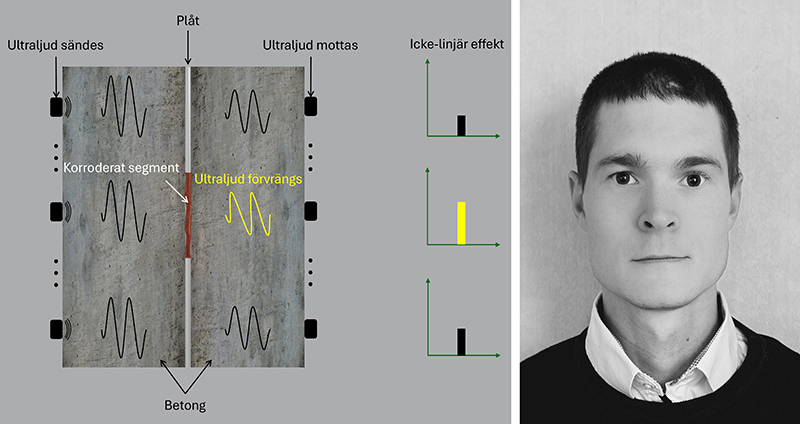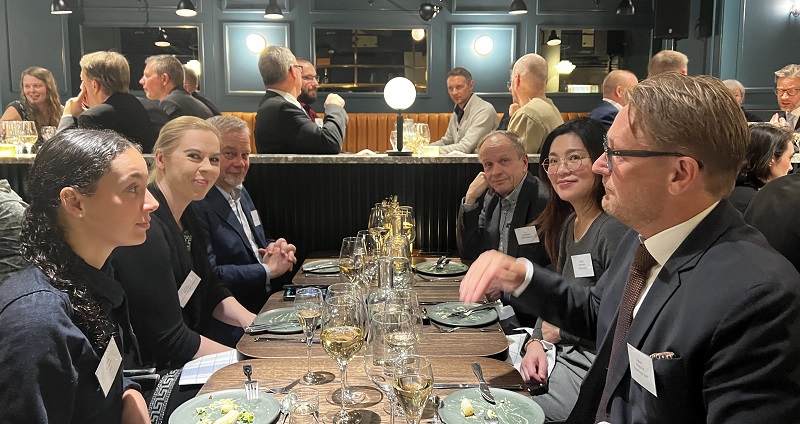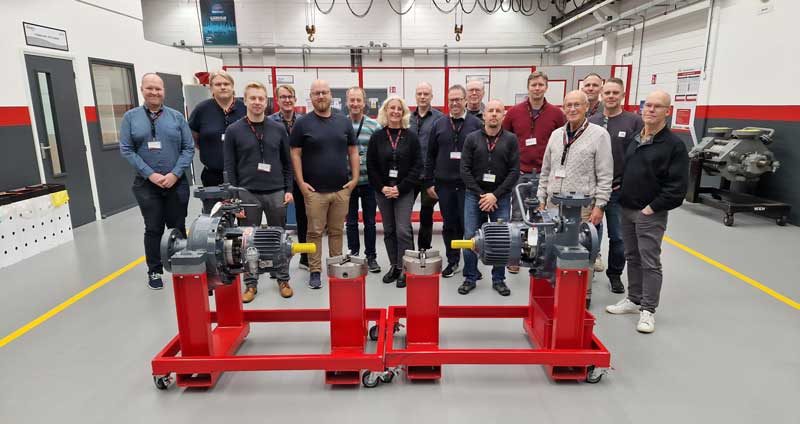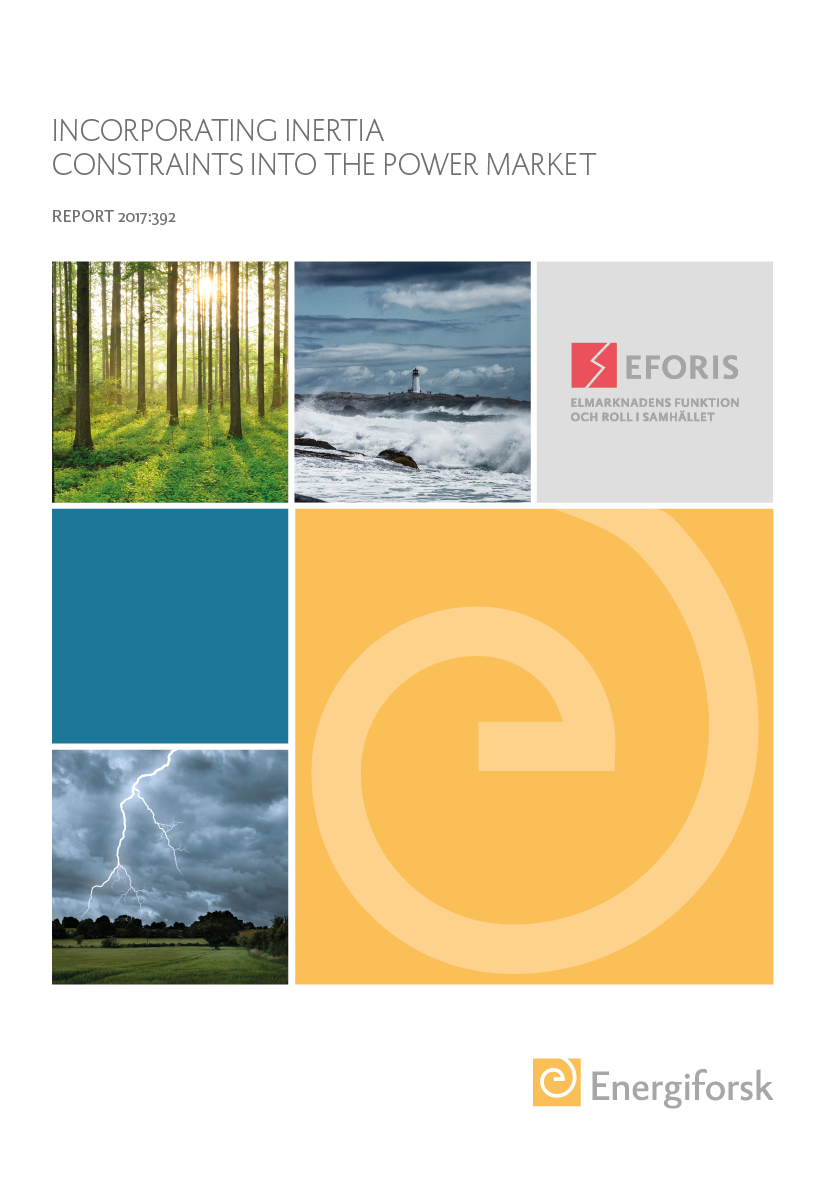Inertia imposes a cost on the system operator including commitment of new units or keeping more units in spinning reserve mode. Commitment of more units may result in increased price. This has been shown through simulations on Nordic 32 and 44 bus networks. It has been explained in detail that we are dealing with a non-convex optimization here and addressing the challenges related to non-convex pricing. Some mathematical techniques have been exploited to linearize the problem and find the optimal amount of uplift to be paid to the generators in order to at least reach the zero profit condition so as to make it acceptable for them to stay in them market.
The main issue is: due to the fact that the inertia providing units are mostly selling electricity at marginal cost price, it should be taken into account that they should not experience negative profits. In other words, providing inertia and then pay us! This situation may lead them to leave the market. Hence, some methods have been discussed and implemented in order to avoid these negative profits. An uplift method has been implemented and its results have been evaluated on Nordic 32 bus network.



